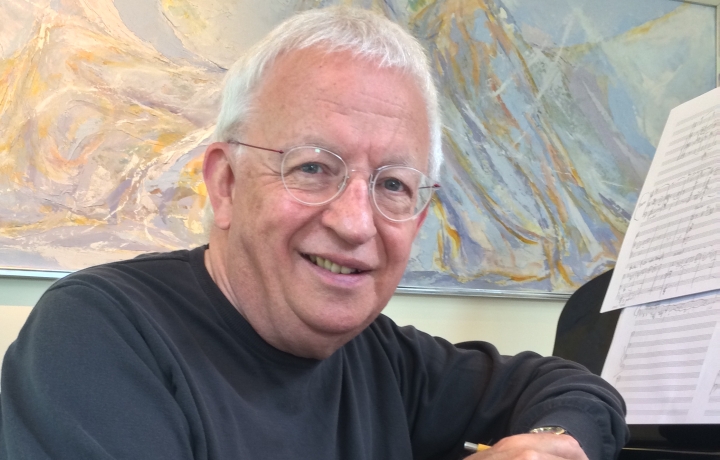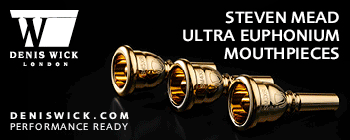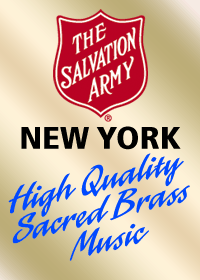Gregson's top 12 'test-pieces'

Following on from Professor Edward Gregson's 'Let's Debate' article in this month's magazine, here he charts what he considers to be the best 12 'test-pieces' from the last 50 years.
"The reason for the inverted commas is that I prefer to call them musical compositions that have been used as ‘test-pieces’. Nevertheless, my main criterion for selection on this list was that first and foremost the works must have demonstrated real musical qualities that have challenged bands and their conductors. I have not particularly considered technical difficulty, although all of them have been used as test pieces at Championship level. However, because these composers possess an assured compositional technique there are many kinds of difficulties present, but technical wizardry for its own sake is not a factor in their make-up. They are all fine pieces of music that can be performed either on the concert or contest platform.
Journey into Freedom - Eric Ball
Vintage Ball, combining a traditional, but beautifully balanced, structural framework, with strong and memorable musical ideas, together with assured orchestration.
Spectrum - Gilbert Vinter
The last and probably the most original of Vinter’s test pieces – rubbished at the time by some brass band conductor’s for being too modern! Thus it has always been..
Energy - Robert Simpson
Not understood at the time because of its abstract post-Nielsen musical language – a highly inventive one movement symphonic tone poem, demanding a more orchestral style of playing. Conductors of this work must also understand symphonic form and have listened to music other than that for brass bands!
Fireworks - Elgar Howarth
This early work from the pen of Elgar Howarth started off the percussion revolution, but his scoring is never overblown and the musical fabric is subtle, inventive, witty, and highly effective. It’s great fun to play and to listen to.
Contest Music - Wilfred Heaton
A well known tale of how wrong contest organisers can sometimes be in rejecting a work of huge musical substance and integrity. Supposedly rejected on the grounds that the slow movement was too thinly scored (Lord help us!)
Ballet for Band - Joseph Horovitz
Pure joy from beginning to end - music that has its origins in the extended tonal and harmonic world of Richard Strauss, and interesting for that alone.. Doesn’t look difficult on the page, but difficult to pull off successfully in performance.
The Year of the Dragon - Philip Sparke
Quite early Philip Sparke, but I still regard this as one of his finest brass band works. Its musical ideas have real ‘presence’ and memorability and the scoring is immaculate. A good test still for any band today.
Cloudcatcher Fells - John McCabe
His best-loved work, but not necessarily his most original in my opinion. An undoubted classic where the more ‘modernist’ language of ‘Images’ was toned down to great effect. The music has a strong emotional content, echoing his memories of childhood.
The New Jerusalem - Philip Wilby
An early foray into the world of brass band writing, but still his most original conception as far as I’m concerned. Full of emotional impact, as well as an innovative approach to scoring and instrumentation. Compact structure containing strong musical ideas.
Eden - John Pickard
An important compositional voice in British music today. This work presented a fresh musical language to the repertoire, although I believe his ‘Men of Stone,’ the final movement of his ‘Gaia Symphony’, is an even better work and would make a fine test piece.
The Night to Sing - Bramwell Tovey
Such a ‘musical’ composition, with its inventive integration of elements of popular songs from WWII into an extended tonal palette, and cast in a highly effective through-composed structure. Scoring is immaculate – ‘feel’ of the music is nostalgic but emotionally controlled. A rather beautiful tone poem.
Audivi Media Nocte - Oliver Waespi
A virtuoso work, but not for its own sake. Strong musical ideas and intelligent development of his material – decidedly eclectic in its integration of opposing musical idioms, from funk to jazz, but without a hint of self-consciousness. Others have tried to copy this model but failed!
There are of course many more fine ‘test pieces’ for the medium by composers such as Peter Graham, Martin Ellerby, Kenneth Downie, Thomas Doss, Torstein Aagaard-Nilsen, Alexander Comitas, George Lloyd, Derek Bourgeois, and many others, as well as new generation composers such as Simon Dobson, but alas the list had to stop somewhere!"
And had this 'top 12' been compiled by anyone else, BBW is sure Edward Gregson himself would feature somewhere.
Subscribe to BBW here





.gif)







